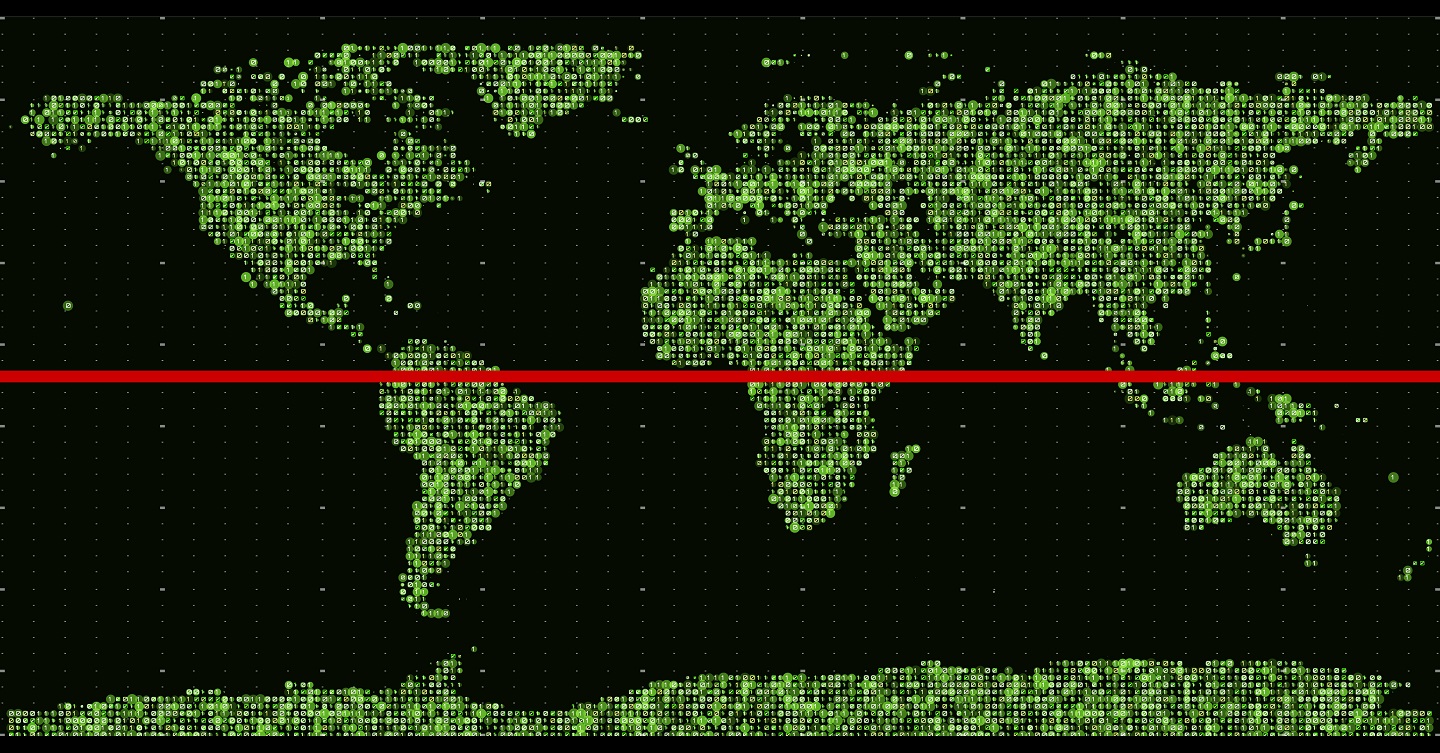
Conditional statements or as they’re more commonly known, IF-THEN statements, are the foundation of almost all programming languages. They allow an automation that looks for a certain circumstance, and if that circumstance exists then an action happens. The action may be the end result or it may send the automation down a path searching for more circumstances, but it is the building block for decision making processes, cyber or otherwise. That’s why it’s so odd that when it comes to defining cyber warfare there doesn’t seem to be a clear set of rules or IF-THEN statements for decision making. A BETTER PEACE welcomes Patrick Walsh to look at defining the red line in cyberspace. What defines an act of warfare, versus crime, versus terrorism in cyberspace. Patrick joins podcast editor Ron Granieri in the studio to share his years of experience prosecuting cybercrimes and how he feels laws can better inform decision making and responses to actions in the cyber realm.
We do know that that cyber attacks will be a part of conflicts going forward…and so having a clear definition of where the line is that crosses from cyber harassment or cyber crime to an act of cyber war that can be responded to with conventional war is essential in order to help nations govern themselves going forward.
Podcast: Download
Patrick Walsh is a Lieutenant Colonel and Judge Advocate in the U.S. Army Reserve. He is a former associate professor of national security law at the U.S. Army JAG School. As a civilian, he has prosecuted a variety of crimes including cybercrimes at the U.S. Attorney’s Office. He has a J.D. from the University of California at Berkeley School of Law and an LL.M. from the University of Virginia School of Law. He is a member of the AY22 Resident Class at the U.S. Army War College.
Ron Granieri is an Associate Professor of History at the U.S. Army War College and the Editor of A BETTER PEACE.
The views expressed in this presentation are those of the speakers and do not necessarily reflect those of the U.S. Army War College, U.S. Army, or Department of Defense.
Photo Credit: Global vector created by GarryKillian – www.freepik.com





Let me attempt to provide one example of a framework — by which we might view certain aspects of these matters. In this regard consider, below, my altering of a portion of Hans Morgenthau’s 1968 “To Intervene or Not to Intervene.” Therein, (a) where you see “Russia,” below, Morgenthua had “the Soviet Union” back then and (b) where you see “authoritarianism,” below, Morgenthau had “communism” back then:
“The United States and Russia face each other not only as two great powers which in traditional ways compete for advantage. They also face each other as the fountain heads of two hostile and incompatible ideologies, systems of government and ways of life, each trying to expand the reach of its respective political values and institutions and to prevent the expansion of the other. Thus the cold war has not only been a conflict between two world powers but also a contest between two secular religions. And like the religious wars of the seventeenth century, the war between authoritarianism and democracy does not respect national boundaries. It finds enemies and allies in all countries, opposing the one and supporting the other regardless of the niceties of international law. Here is the dynamic force which has led the two superpowers to intervene all over the globe, sometimes surreptitiously, sometimes openly, sometimes with the accepted methods of diplomatic pressure and propaganda, sometimes with the frowned-upon instruments of covert subversion and open force.”
(If “subversion” = the undermining of the power and authority of a government, of an established system or of an institution, then — as per this such definition — cyber may be a valuable weapon indeed; this, in the New Cold War of today?)
Herein to note, from Morganthau’s Cold War information above (adapted by me for the New Cold War of today), that an international law “red line;” this (a) did not seem to deter anyone in the Old Cold War of yesterday and (b) may not deter anyone in the New Cold War of today?
In consideration of my “authoritarianism versus democracy” framework provided above, might our “cyber laws” questions here, might these benefit from a view of “terrorism laws,” for example, as discussed below by Ben Saul, in the conclusion to his “Defining Terrorism in International Law?”
“Terrorism laws make most sense when protecting a democracy from violent adversaries, and less sense when they shield authoritarian states from those who rightly resist it. International agreement on terrorism in a diverse community of states is so difficult for this reason. Most minimally agree that the instrumental political killing of civilians in peacetime is terrorism. Beyond that, ‘terrorism’ remains a contested terrain—and there remains an urgent need for the international community to precisely define it in a rights-respecting way.”
https://www.nyulawglobal.org/globalex/Defining_Terrorism_International_Law.html#:~:text=Article%201(2)%20defined%20‘,persons%20or%20the%20general%20public.
I’d like to read military doctrines and articles of war sir. Thank you sir
I like to read military doctrines and articles of war